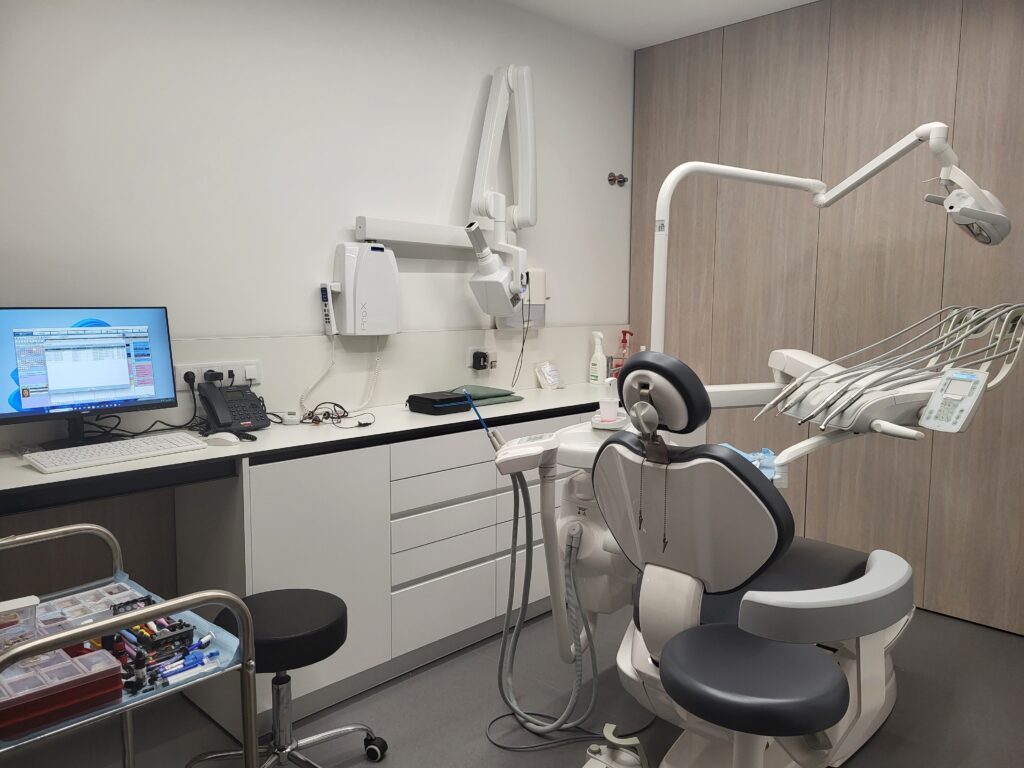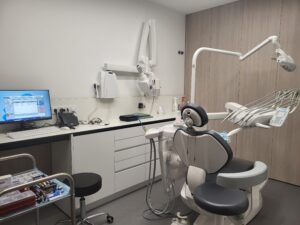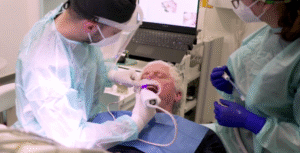Dental implants in Portugal have become a trusted solution for restoring both function and aesthetics after tooth loss. While the procedure is safe and highly successful, the days following surgery often bring discomfort that can worry patients. Understanding how to manage this pain and adopting the right habits after the pose of dental implants in Portugal are essential steps to ensure a smooth recovery and the long-term success of the treatment.
Understanding post-operative pain after dental implants in Portugal
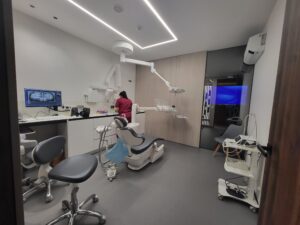
Dental implants in Portugal are one of the most effective long-term solutions for replacing missing teeth, but like any surgical procedure, they involve a period of recovery. It is perfectly normal for patients to experience mild to moderate pain, swelling, or discomfort in the days following implant placement. This discomfort is a natural part of the healing process, as the body adapts to the presence of the implant and the tissues begin to repair themselves. However, the intensity and duration of this pain can be significantly reduced by adopting the right attitudes and post-operative care routines. Understanding what to expect and how to respond is the first step toward a smooth recovery.
The role of pre-emptive management of pain after dental implants
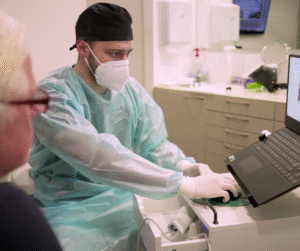
Modern implantology emphasizes the prevention of pain after dental implants before it becomes a major problem. In Portugal, as in many advanced dental clinics worldwide, practitioners in our clinic use local anesthesia techniques designed to last several hours after surgery. Dentists may also prescribe anti-inflammatory drugs or mild analgesics in advance so that patients can start taking them before the anesthesia wears off. This proactive approach reduces the initial shock of post-operative pain and helps patients transition more comfortably through the first 24 to 48 hours, which are usually the most sensitive. Such preventive strategies make a major difference in the overall recovery experience.
Post-operative dental care: medications and professional guidance
Medication management plays a central role in controlling discomfort and ensuring proper healing during post-operative dental care after dental implant surgery. Dentists typically recommend paracetamol or ibuprofen to control pain and inflammation, and in certain cases, antibiotics may be prescribed to prevent or address infections. It is important that patients follow the dosage instructions carefully and avoid skipping or doubling doses, as both can negatively impact the healing process. Self-medication or using leftover drugs from previous treatments can be dangerous and should be avoided. Regular follow-up with the dentist ensures that the pain is properly controlled and that any unexpected reactions are promptly addressed.
Oral hygiene and gentle cleaning after placement of dental implants in Portugal
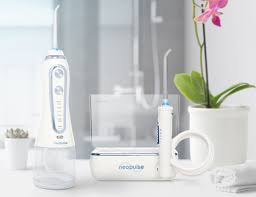
A clean mouth is crucial for reducing inflammation and ensuring the success of placement of dental implants in Portugal, but oral hygiene must be approached carefully in the days following surgery. Patients are usually advised to brush their teeth very gently, using a soft-bristled toothbrush and avoiding direct contact with the surgical site. Specialized antiseptic rinses prescribed by the dentist can be used to disinfect the mouth without irritating the wound. Good oral hygiene prevents bacterial buildup, which is one of the leading causes of post-operative complications. By maintaining a balance between cleanliness and gentleness, patients can protect their implants while allowing tissues to heal effectively.
Diet and lifestyle adjustments for a best recovery after implant surgery
Nutrition and lifestyle choices strongly influence how quickly and comfortably the body heals for a best recovery after implant surgery. For the first week, a diet based on soft foods—such as puréed vegetables, yogurt, eggs, or soups—is recommended to avoid putting pressure on the implant area. Patients should avoid chewing hard, spicy, or very hot foods, as these can aggravate the surgical site and increase pain levels. At the same time, it is essential to stay hydrated, as water supports healing and reduces the risk of dry mouth, which can worsen discomfort. Harmful habits such as smoking and alcohol consumption significantly delay healing and increase the risk of implant failure, making it vital to avoid them during recovery.
Cold therapy for pain and swelling against pain after dental implants
Cold therapy is a simple, drug-free method that can greatly reduce post-operative pain after dental implants and swelling. Applying an ice pack or a cold compress to the cheek near the implant site helps narrow blood vessels, which limits inflammation and numbs the area. Dentists generally recommend applying cold in intervals—15 minutes on, 15 minutes off—throughout the first 48 hours following surgery. This method is particularly effective for reducing facial swelling and improving comfort, especially when combined with prescribed medication. While ice packs are very effective early on, patients should avoid applying heat directly to the area, as it can worsen inflammation during the initial stages of healing.
Warning signs to watch for during post-operative dental care
While some pain and swelling are normal, patients must remain attentive to signs that could indicate complications during post-operative dental care. Severe pain that does not improve after a few days, persistent bleeding, fever, or swelling that worsens instead of subsiding may be signs of infection or implant rejection. Any unusual taste, pus, or mobility of the implant should also be reported to the dentist without delay. Timely intervention can prevent minor issues from developing into serious complications. By staying vigilant and maintaining regular communication with their dentist, patients can feel reassured and confident that their recovery is progressing as expected.
Adopting the right habits
Managing pain after dental implant surgery is not only about taking medication but also about adopting a holistic approach that includes hygiene, diet, lifestyle, and monitoring of warning signs. By following their dentist’s instructions, keeping the surgical site clean, eating suitable foods, and avoiding harmful habits, patients can accelerate their recovery and minimize discomfort. In the end, these small efforts pay off by ensuring the long-term stability and success of the implants. With modern surgical techniques and careful post-operative care, patients receiving dental implants in Portugal and elsewhere can expect not only functional results but also a recovery that is as smooth and pain-free as possible.

